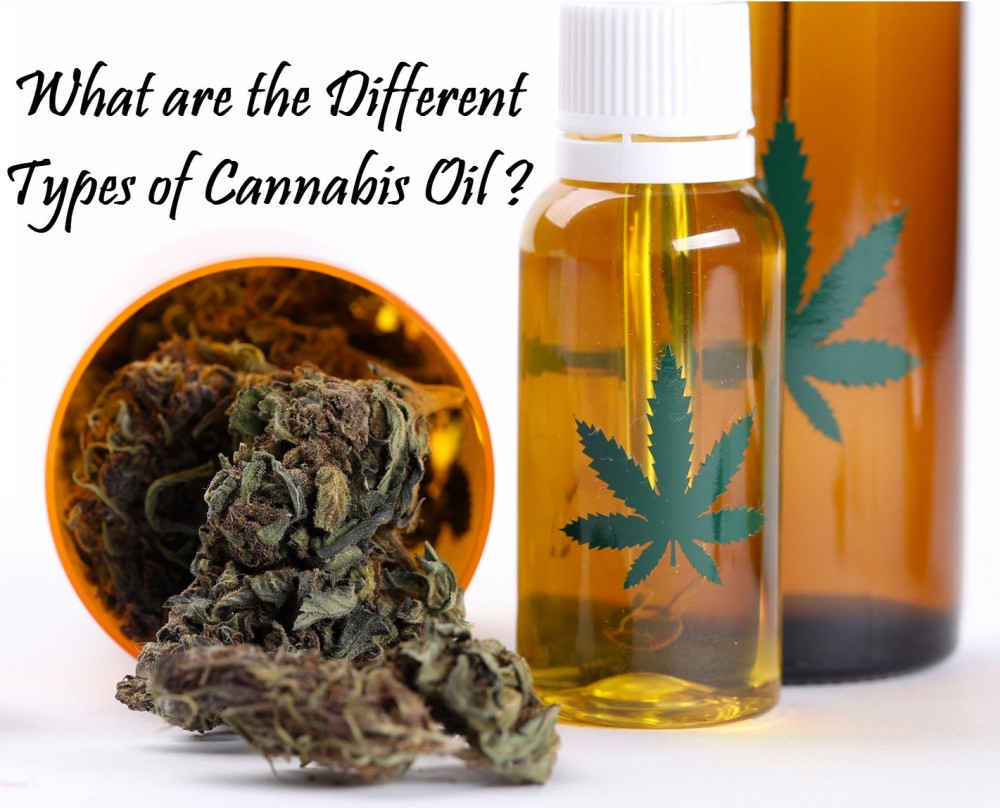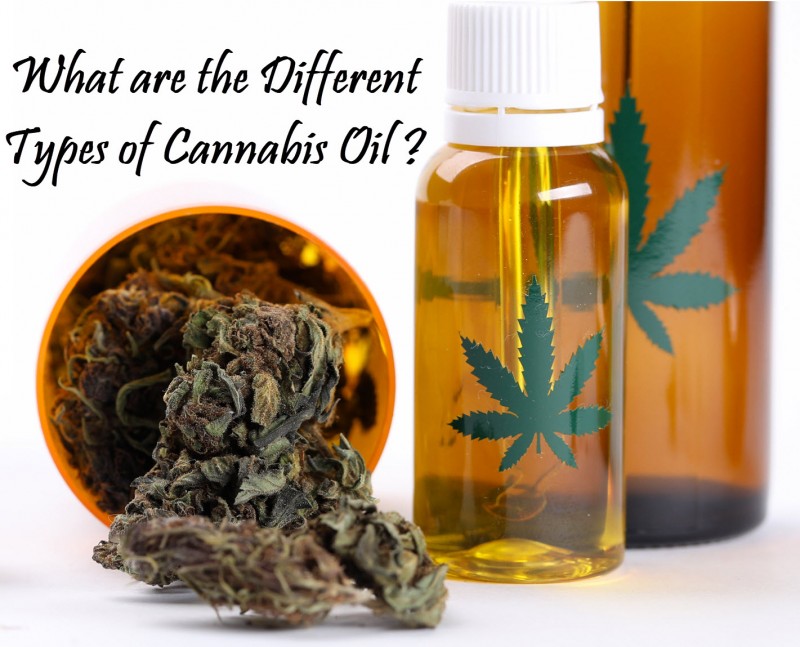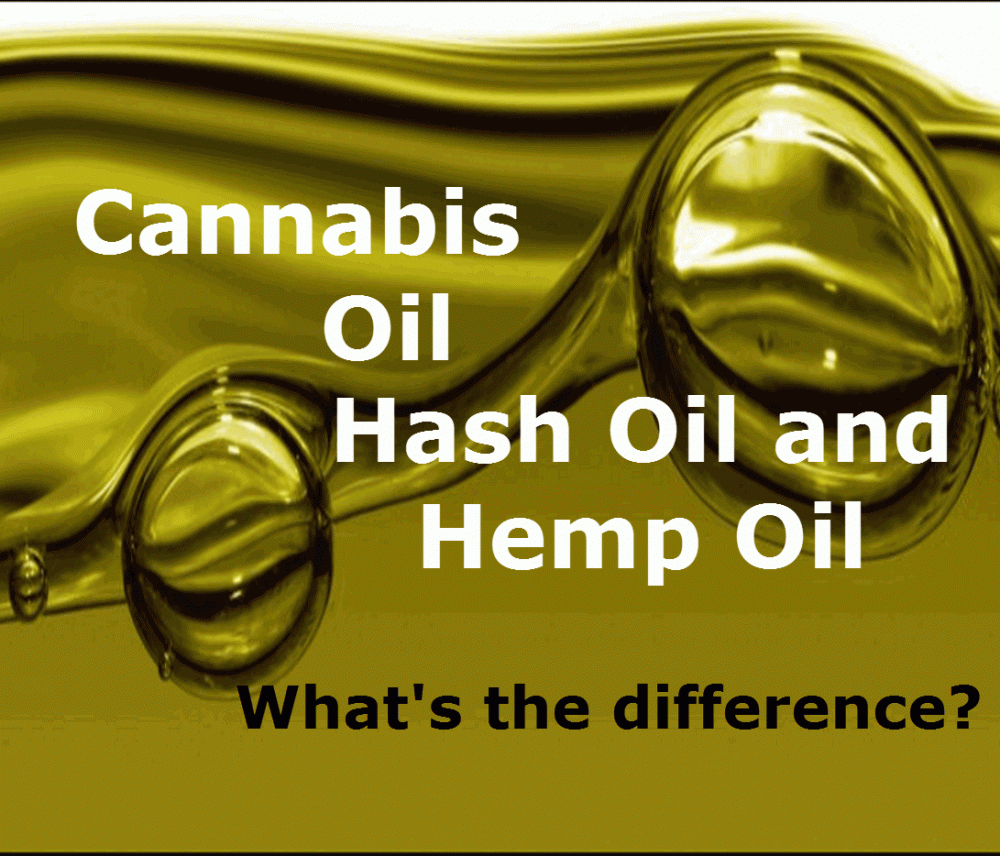Different Types of Cannabis Oil: Benefits and Recommended Application

Anyone who comes across the term "cannabis oil" for the first time will likely get confused at how it's not a single product, but a blanket category. There's a wide range of oils, extracts, and supplements that fall under the same description, making it harder to choose the appropriate cannabis oil product for your needs. Most importantly, understanding the differences between the types of oils is essential because each has specific benefits, effects, and medical indications.
Why make oil or concentrate out of cannabis?
If you've tried the cannabis plant in its pure form, you'd perhaps wonder why bother making a concentrate or oil? The most straightforward answer to this is that an oil or concentrate brings out some of the cannabis plant's unique properties. The most common application of extracts and oils is medicinal, and people who want to try cannabis as alternative therapy aren't always keen on smoking the plant. Another reason is that extracts refine the product as the process separates cannabinoids from naturally occurring essential oils. And lastly, oils are more economical and efficient – a little bit goes a long way.
Let's further explore the different types of cannabis oils, how they're made, and the benefits you get from using each one.
Cannabis oil
This type of oil is the most typical extract you'll get from the cannabis plant. It's made by combining ground buds and extra virgin olive oil. The resulting extract will have a strong aroma, and sometimes taste nutty. Since you're basically combining the plant with oil, it contains the full spectrum of cannabis effect and flavor. It will have the psychoactive effects of THC, and at the same time, contain other cannabinoids used in treating medical conditions.
Most people make cannabis oil as an additive to edibles. You can also use it as a topical salve for pain relief or as an anti-inflammatory product to treat specific skin problems. Unlike directly smoking the cannabis plant, the effects of cannabis oil take more time. As such, it's recommended to start your dose low and allow your body to adjust to the product as slowly as possible.
Rick Simpson oil
This type of cannabis oil got its name from the person who invented it as a natural remedy to his skin cancer. Rick Simpson oil is also sometimes referred to a Phoenix Tears. It has a dark amber hue and very sticky, almost like tar. To make RSO, you'll need dried cannabis and Isopropyl Alcohol. The process is quite simple, but since you're using a solvent, it could be dangerous if you aren't careful.
RSO is typically marketed as a cure for specific medical conditions such as high blood pressure, diabetes, arthritis, anxiety, depression, and even cancer. Many variations of products containing RSO may be used either topically or orally. What's essential to keep in mind is that the percentage of THC or CBD in Rick Simpson oil varies depending on the strain of cannabis. Also, some manufacturers add other ingredients and herbs to the final product, hence affecting its potency.
Butane Hash oil
Anyone who's had experience with extracts is likely already familiar with butane hash oil. It's popular among cannabis oil enthusiasts because it's quite potent and also easy to make. This type of oil is made using alcohol (Butane), and the resulting extract is sticky and light yellow. Because of its color, some people also refer to it as honey oil. Similar to the process of making RSO, using a flammable solvent like Butane can be quite dangerous. If you want to experiment with making BSO at home, you'll need to exercise extra precaution.
BHO is typically used for its medicinal effects. Similar to smoking marijuana, BHO is potent and effective in relieving stress, anxiety, and pain relief.
CO2 oil
Unlike the cannabis oil types we've already discussed above, CO2 oil isn't something you can easily make at home. The extraction process produces the purest cannabis oil with all terpenes and cannabinoids still intact. Unlike extraction methods that use alcohol, CO2 oil is considered a green or sustainable product; hence many people prefer it. CO2 oil is known to retain the full flavor and potency of cannabis, which you can either vaporize, smoke, or consume orally.
This type of cannabis oil can be used for almost every application. Since it's possible to refine the extraction process, THC concentration levels may be adjusted as desired or removed from the final product. Those looking for a medicinal cannabis oil product without psychoactive effects can use CO2 oil and reap all the benefits of CBD.
CBD oil
This term refers to products that primarily contain CBD or cannabidiol. This type of oil doesn't contain THC, which means there are no psychoactive effects. Similar to cannabis oil, CBD oil can be extracted by using CO2, solvent, or mixing the buds with oil.
CBD oil is typically marketed as a medicinal product because it doesn't have any psychoactive effects. It has antioxidant, anti-inflammatory, and pain relief properties. Many people who are hesitant to use cannabis oil because of the psychoactive effects can use CBD oil instead.
Hemp oil
Similar to CBD oil, hemp oil also doesn't contain any THC. Pressing the hemp seed naturally extract the oil inside. Using a cold-pressed method yields a greenish, nutty oil used in various applications, including beauty products. On the other hand, refined hemp oil is usually used as an additive for industrial products such as paint and plastic.
Cold-pressed hemp oil has plenty of beneficial fatty acids, such as Omega-3 and Omega-6. Although you can't use hemp oil for cooking, it can be added to food for no-cook preparation. It's also ideal as a food supplement.
Final thoughts
Cannabis oil, regardless of the extraction process, has many medicinal benefits. Knowing the potency and ideal application of these oils is vital to distinguish between the products offered by cannabis dispensaries today. Also, it's critical to determine THC and CBD levels contained in each oil, especially if you're concerned about the psychoactive effects of cannabis oil and are mainly interested in the medicinal benefits of the product.
THOUGHTS ON CANNABIS OILS? READ MORE...
RICK SIMPSON SAYS YOU NEED HIGH THC OIL FOR FIGHTING CANCER!





.jpg?width=350)

